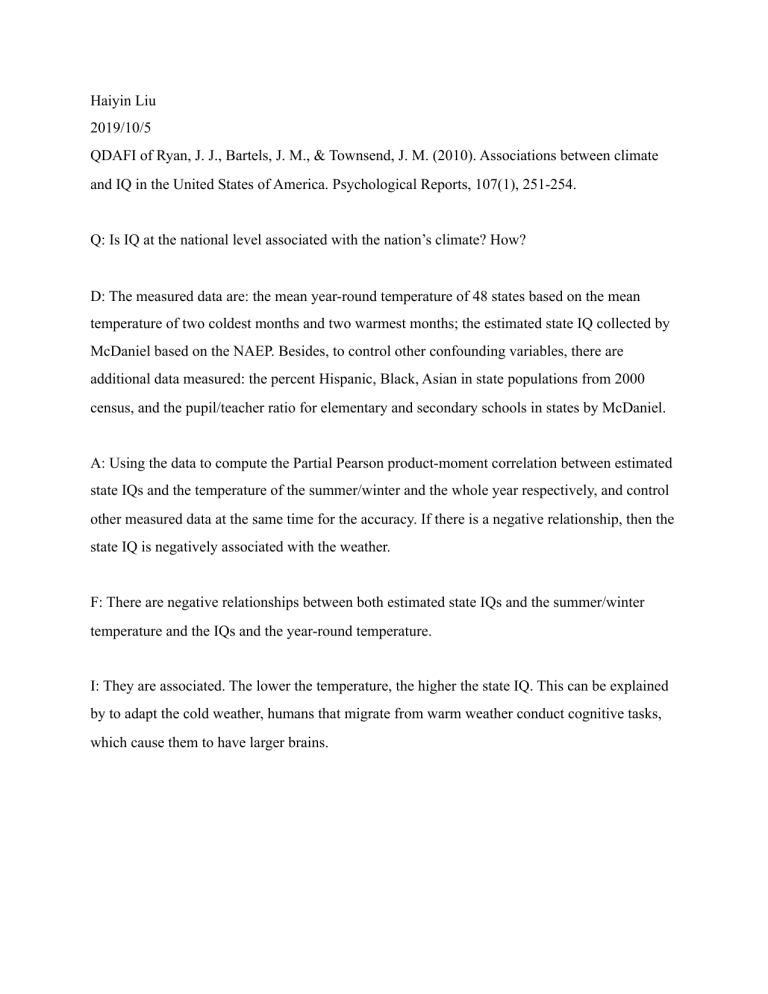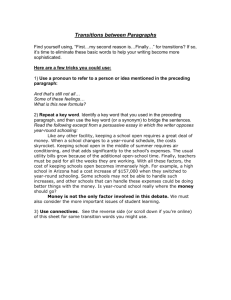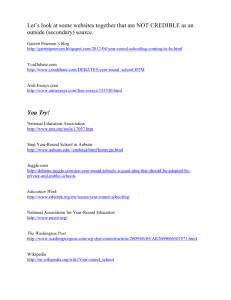
Haiyin Liu 2019/10/5 QDAFI of Ryan, J. J., Bartels, J. M., & Townsend, J. M. (2010). Associations between climate and IQ in the United States of America. Psychological Reports, 107(1), 251-254. Q: Is IQ at the national level associated with the nation’s climate? How? D: The measured data are: the mean year-round temperature of 48 states based on the mean temperature of two coldest months and two warmest months; the estimated state IQ collected by McDaniel based on the NAEP. Besides, to control other confounding variables, there are additional data measured: the percent Hispanic, Black, Asian in state populations from 2000 census, and the pupil/teacher ratio for elementary and secondary schools in states by McDaniel. A: Using the data to compute the Partial Pearson product-moment correlation between estimated state IQs and the temperature of the summer/winter and the whole year respectively, and control other measured data at the same time for the accuracy. If there is a negative relationship, then the state IQ is negatively associated with the weather. F: There are negative relationships between both estimated state IQs and the summer/winter temperature and the IQs and the year-round temperature. I: They are associated. The lower the temperature, the higher the state IQ. This can be explained by to adapt the cold weather, humans that migrate from warm weather conduct cognitive tasks, which cause them to have larger brains.



